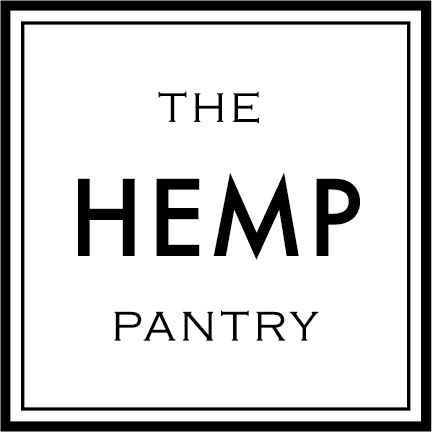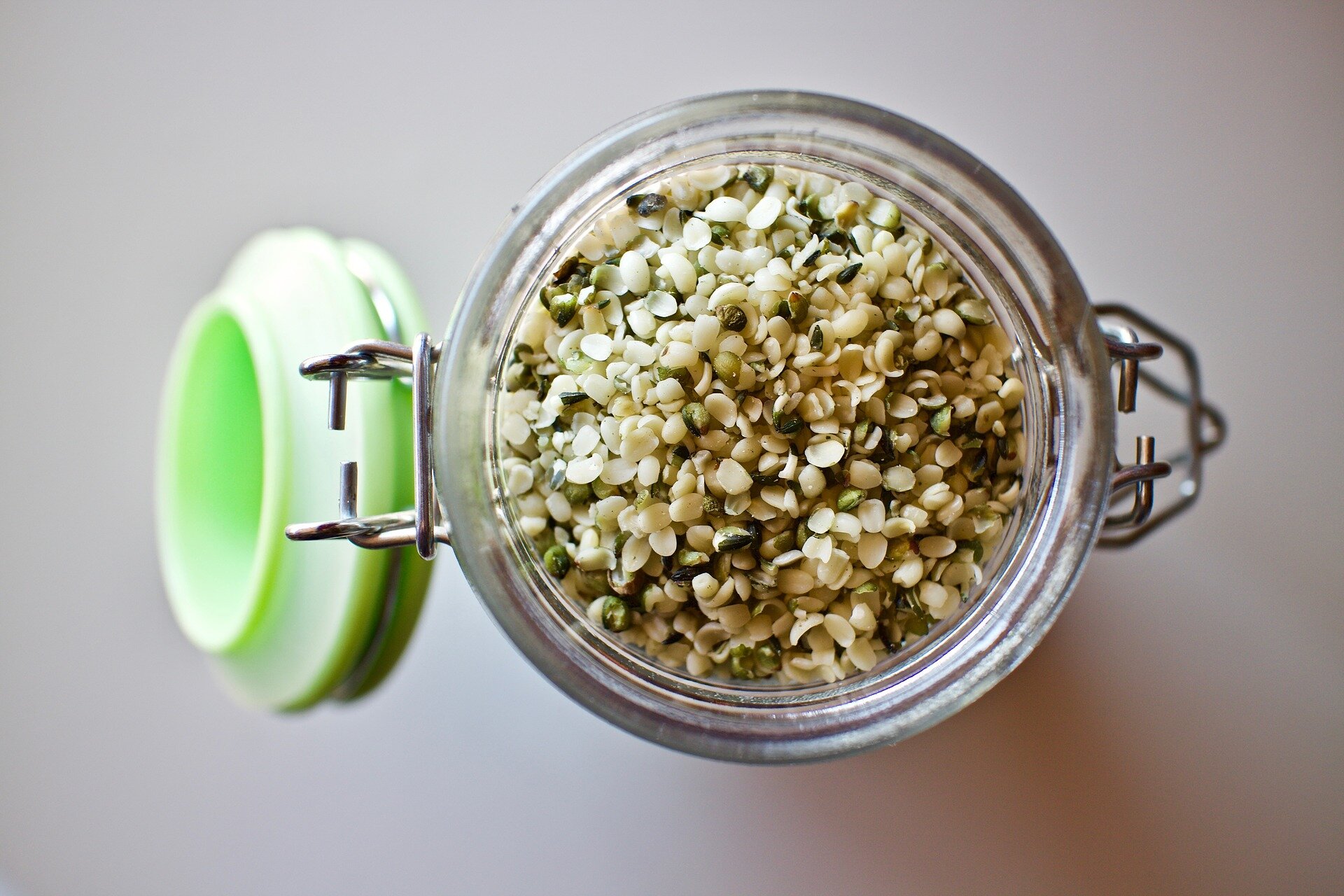Eating Hemp: Health Benefits and Nutritional Value
The term ‘superfood’ was coined to describe foods that are rich in nutrients that benefit health.
There is no scientific or set criteria for determining what is and what isn’t a superfood. However, it’s generally agreed that superfoods are natural foods with exceptional nutritional profiles which have a positive effect on the body.
Some well-known superfoods include blueberries, salmon, avocado and the algae spirulina.
More recently, hemp seeds have been elevated to the status of superfood – and, from looking at their nutritional value, it’s easy to understand why.
Hemp seeds are small, brown seeds that are packed full of protein, fibre, healthy fats, minerals and vitamins. These nutrients are said to help with heart health, reduce cholesterol, improve skin conditions and boost the immune system.
Hemp Seeds are a Superfood, Here’s Why…
1. High Source of Protein
Protein is one of the three macronutrients that are critical to sustain life, the other two being fat and carbohydrates. Protein is essential to building muscle mass and is made up of 21 amino acids.
The body can make the majority of these amino acids, however there are nine amino acids, called essential amino acids, that humans must consume in their diets. Foods that contain all nine essential amino acids are called complete proteins.
Hemp seeds are a complete protein, containing all nine essential amino acids. Other complete proteins are dairy, meat, quinoa, chia seeds and soy. Many vegetables, nuts and grains are incomplete proteins.
In 100g of hemp seeds, there is around 30g of protein, making hemp an excellent source of plant-based protein.
As well as building muscle, protein fuels the metabolism, helps you to feel full, and boosts the immune system.
2. Healthy Fats
Fat is a macronutrient that is essential for humans to eat to live. However, not all fats are created equal and there are four kinds of fats: saturated fats, trans fats, monounsaturated fats and polyunsaturated fats.
Saturated and trans fats are considered unhealthy or ‘bad’. Monounsaturated fats and polyunsaturated fats are known as unsaturated fats, or healthy, ‘good’ fats.
Healthy fats provide essential fatty acids. They have health benefits including helping to reduce cholesterol, decreasing the risk of cardiovascular diseases as well as helping to lower blood pressure.
Hemp seeds contain both types of healthy fats, are low in saturated fats and contain no trans fat. Hemp is particularly rich in polyunsaturated fat, and includes the essential fatty acids omega-3 and omega-6.
The omega fatty acids have a large number of health benefits, including treating depression and anxiety, supporting bone and joint health, helping to prevent some types of cancer, reducing the risk of dementia, boosting eye health and improving your skin.
Hemp seeds have the optimal ratio (3:1) of omega-3 to omega-6. An unbalanced intake can reduce the effectiveness, and a diet high in omega-6 but low in omega-3 can lead to health problems such as increased inflammation.
3. Fibre
Dietary fibre keeps the digestive system healthy. A high-fibre diet is associated with a lower risk of heart disease, stroke, type 2 diabetes and bowel cancer. It also helps to stabilise levels of glucose and cholesterol.
Eating lots of fibre can also help with weight loss as it produces the ‘full’ feeling.
Three tablespoons of hemp seeds contain approximately 1.2g of fibre.
4. Minerals
Minerals are essential for a variety of functions in our body, are needed for growth and development and to maintain normal health.
Minerals are inorganic elements that occur naturally in the soil and water and are absorbed by plants or eaten by humans and animals.
Hemp seeds contain the following minerals:
· Magnesium – plays a role in 300 enzymic reactions in the body, as well as supporting bone health, the cardiovascular system and lowering the risk of diabetes.
· Zinc – necessary for a healthy immune system.
· Phosphorous – helps to filter out waste in the kidneys and repair tissue and cells.
· Potassium – decreases the risk of stroke, lowers blood pressure, protects against loss of muscle mass, preserves bone mineral density.
· Iron – mostly found in red blood cells, it treats anaemia and reduces fatigue.
· Calcium – builds and maintains strong bones.
5. Vitamins
As with minerals, vitamins are also vital for the healthy functioning of the body. They are organic compounds that are not found in the body and so must be consumed in the diet.
Hemp seeds are a rich source of vitamin E and B vitamins, and also contains vitamins A and C.
· Vitamin E maintains healthy skin, hair and eyes as well as strengthening the immune system. It is an antioxidant that helps to protect and repair cells from free radicals which are created by oxidation, a natural process in the body.
· B vitamins – including those found in hemp seeds: thiamine (B1) and riboflavin (B2), niacin (B3), vitamin B-6, folate(B9) – are vital for maintaining good health. They support brain function and the nervous system, aid the metabolism of energy and maintain hormone balance.
· Vitamin A facilitates normal vision, a healthy immune system, and reproduction. It helps many organs to work properly, including the heart, lungs and kidneys.
· Vitamin C protects and maintains healthy cells; keeps skin, blood vessels, bones and cartilage healthy, and helps with wound healing.
Super Hemp Seeds
Hemp seeds’ excellent nutritional value and multitude of health benefits justify the superfood label. This tasty little seed packs a punch when it comes to plant-based protein, and its nutrient-rich profile will be a welcome addition to any diet.
The Hemp Pantry makes Veurre®, a vegan butter with hemp, coconut oil, olive oil and cacao butter. Check it out here.

